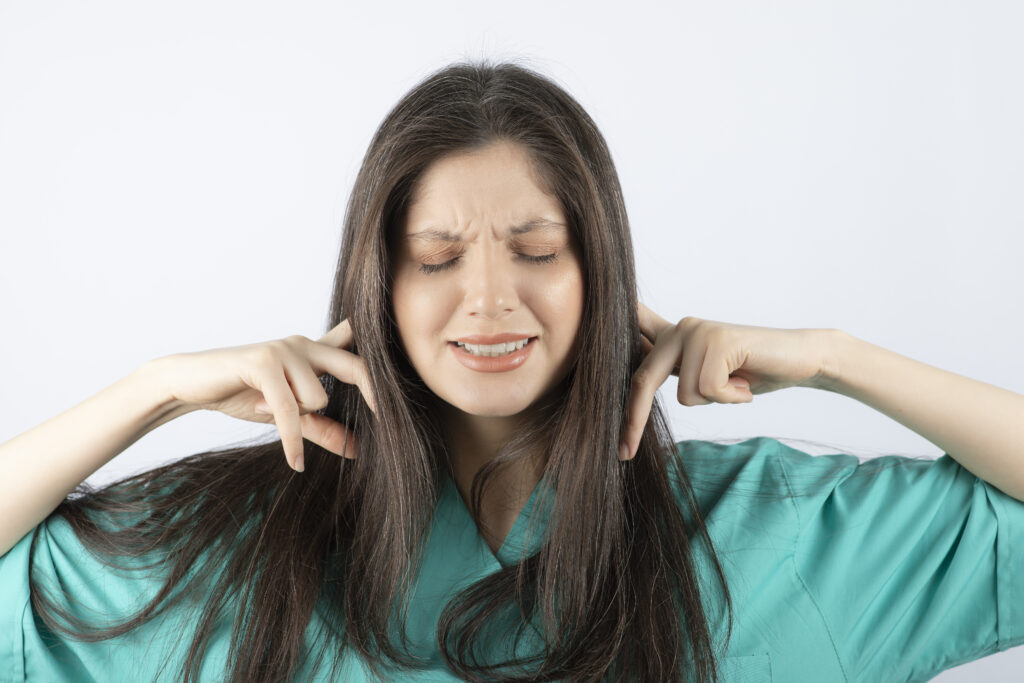
Scalp health is an essential aspect of personal care that often goes unnoticed until issues arise. Two common concerns that people frequently encounter are dandruff and dry scalp. Though they may seem similar at first glance, understanding the differences between them can help you choose the right treatment and regain a healthy scalp. In this post, we’ll decode these two issues and explore what you need to know.
1. What is Dandruff?
Characteristics:
Dandruff is characterized by the presence of flakes on the scalp and hair. These flakes can be small and white or larger and yellowish, depending on the type of dandruff. Dandruff is often accompanied by itching and irritation, which can lead to discomfort and social embarrassment.
Causes:
Dandruff can stem from various factors, including:
- Seborrheic Dermatitis: A condition characterized by an overproduction of oil and the presence of Malassezia yeast on the scalp.
- Hormonal Changes: Fluctuations in hormones can lead to increased oil production, exacerbating dandruff.
- Stress: High-stress levels can trigger or worsen dandruff.
- Poor Diet: A diet lacking in nutrients can affect scalp health.
Treatment:
- Anti-Dandruff Shampoos: Look for shampoos containing ingredients like zinc pyrithione, salicylic acid, or ketoconazole to reduce flaking and itching.
- Regular Washing: Wash your hair regularly to remove excess oil and dead skin cells.
- Maintain a Healthy Lifestyle: A balanced diet and stress management can contribute to better scalp health.
2. What is Dry Scalp?
Characteristics:
Dry scalp, on the other hand, is marked by small white flakes that often result from a lack of moisture. This condition may also lead to itching and irritation, but the flakes are typically finer and less oily than those associated with dandruff.
Causes:
Dry scalp can be caused by several factors, including:
- Environmental Conditions: Cold weather, low humidity, and exposure to heating systems can strip moisture from the scalp.
- Harsh Hair Products: Using shampoos or styling products with sulfates or alcohol can lead to dryness.
- Infrequent Washing: Not washing hair often enough can cause the scalp to become dry and flaky.
- Underlying Conditions: Skin conditions like eczema or psoriasis can contribute to dryness.
Treatment:
- Moisturizing Shampoos: Choose gentle, moisturizing shampoos free of sulfates to nourish the scalp.
- Scalp Oils: Apply natural oils such as coconut oil or argan oil to hydrate the scalp and prevent flaking.
- Limit Washing: Reduce the frequency of washing to help retain natural oils and moisture.
3. Key Differences between Dandruff and Dry Scalp
While both conditions can lead to flakes and discomfort, the main distinctions lie in their characteristics, causes, and treatment focuses. Dandruff is often associated with oily hair and larger flakes, usually linked to fungal growth and overproduction of oil. In contrast, dry scalp typically results from a lack of moisture, leading to smaller, dry flakes.
4. When to Seek Professional Help
If you find that your scalp issues persist despite using over-the-counter treatments or if you experience severe irritation, redness, or hair loss, it may be time to consult a dermatologist. They can provide a proper diagnosis and recommend effective treatments tailored to your specific condition.
Conclusion
Understanding the difference between dandruff and dry scalp is crucial for effective treatment. By recognizing the characteristics, causes, and treatment options for each condition, you can take the necessary steps to restore your scalp’s health. Whether it’s choosing the right shampoo or adjusting your hair care routine, a little knowledge goes a long way in achieving a comfortable, flake-free scalp.

